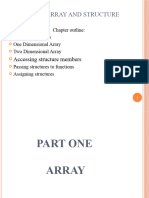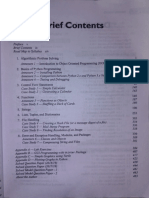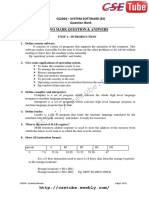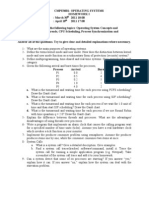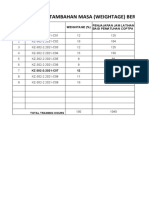100% found this document useful (1 vote)
36 views13 pages1 DM Array
ar
Uploaded by
3liCopyright
© © All Rights Reserved
We take content rights seriously. If you suspect this is your content, claim it here.
Available Formats
Download as PDF, TXT or read online on Scribd
100% found this document useful (1 vote)
36 views13 pages1 DM Array
ar
Uploaded by
3liCopyright
© © All Rights Reserved
We take content rights seriously. If you suspect this is your content, claim it here.
Available Formats
Download as PDF, TXT or read online on Scribd
/ 13
















